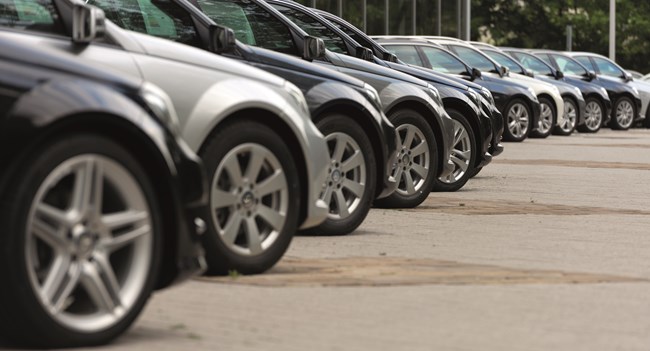
The start point for the best source of fleet information |
Covid-19: Remarketing industry confident of bounceback
Date: 27 April 2020 | Author: Simon Harris

The vehicle remarketing sector is confident that demand for defleeted cars will return strongly when the UK's lockdown period is over.
Physical auctions have been closed since 24 March, while digital channels have witnessed a trickle of used stock to satisfy genuine demand for used vehicles; for example, to replace an unreliable or written-off car
Shoreham Vehicle Auctions managing director Alex Wright believes the used market will come back very quickly once lockdown is lifted. He said: "Due to the funding available from banks for consumers and businesses, we believe the used market will bounce back.
"In 2008, the recession saw a crippling of the used market as banks withdrew funding - this is not the case and furloughing has meant many have kept their jobs, where previously they would have been made redundant.
"The market hot spot will be used cars of £12,000 and below, although larger, higher-cost used cars may experience a reduced demand."
According to Aston Barclay CV sales manager Geoff Flood, some leases have necessarily been extended as replacement new vehicles have not been available, which could see another rise in market activity soon after restrictions are lifted.
He said: "Reports are that many leasing contracts have been extended, so we should see an additional surge of ex-fleet stock coming to auction a little later than expected in 2020, which will also help fuel used market demand."
There is also positive news about fleet operators unable to have vehicles serviced according to schedule during the lockdown period. Caroline Sandall, co-chair of the Association of Fleet Professionals (AFP), said: "I haven't seen any hard evidence of formal protection from invalidation, but our view is that it is reasonable to expect that will happen because drivers and their employers have limited or no control over the situation. Adopting a different approach would be simply unfair.
"Our recommendation is that essential work must still be carried out but non-essential maintenance delayed, including repairs. Providing that the driver can vouch that the vehicle remains roadworthy and that any potential issues are raised with their fleet provider, this shouldn't create massive issues further down the line.
"Elsewhere, we know that fleet providers are ensuring that key workers continue to get full support to ensure their vehicle remains on the road.
"It is pleasing to see the way in which the industry has responded to this as a priority. However, our feeling is that, overall, the greatest potential maintenance issue concerns cars and vans sitting idle. Several organisations have been sharing advice with drivers around managing and maintaining static vehicles as best they can and this is a worthwhile development."
Sandall added that fleets should ensure drivers have guidance on how to manage their vehicles while they are unused or driven just a few miles every week, because this will help to limit the number of issues when cars do start moving again.
"Advice for essential workers around cleaning their cars to limit potential exposure to the virus should also be provided, and we do hope that sufficient levels of PPE are being delivered to those who continue to need to drive, whether it be as an essential worker, a volunteer or through repurposing," she said.










